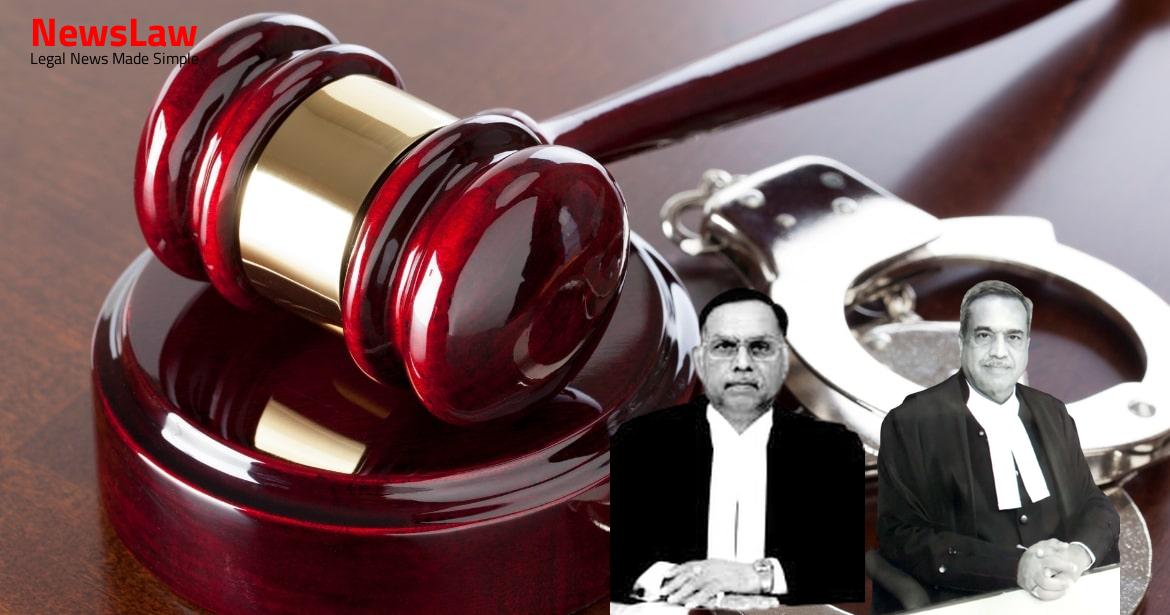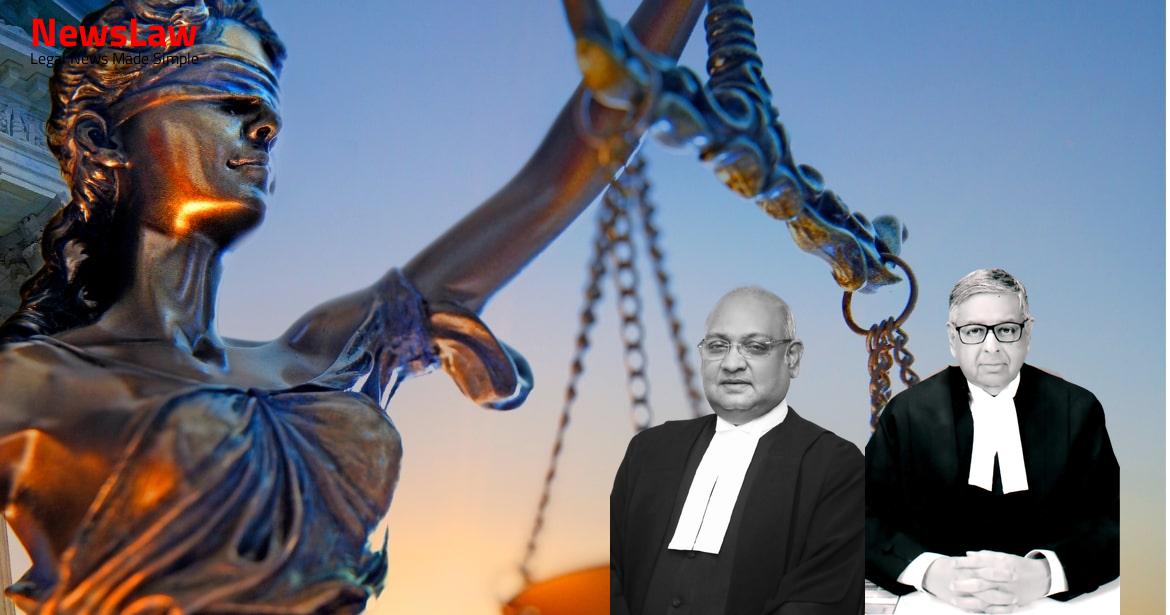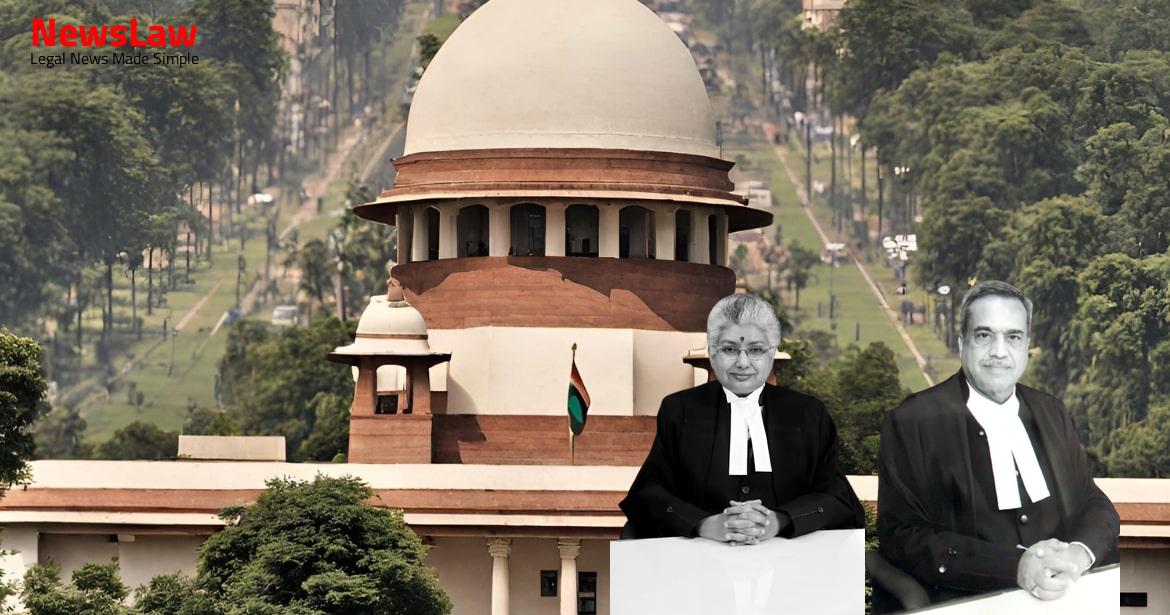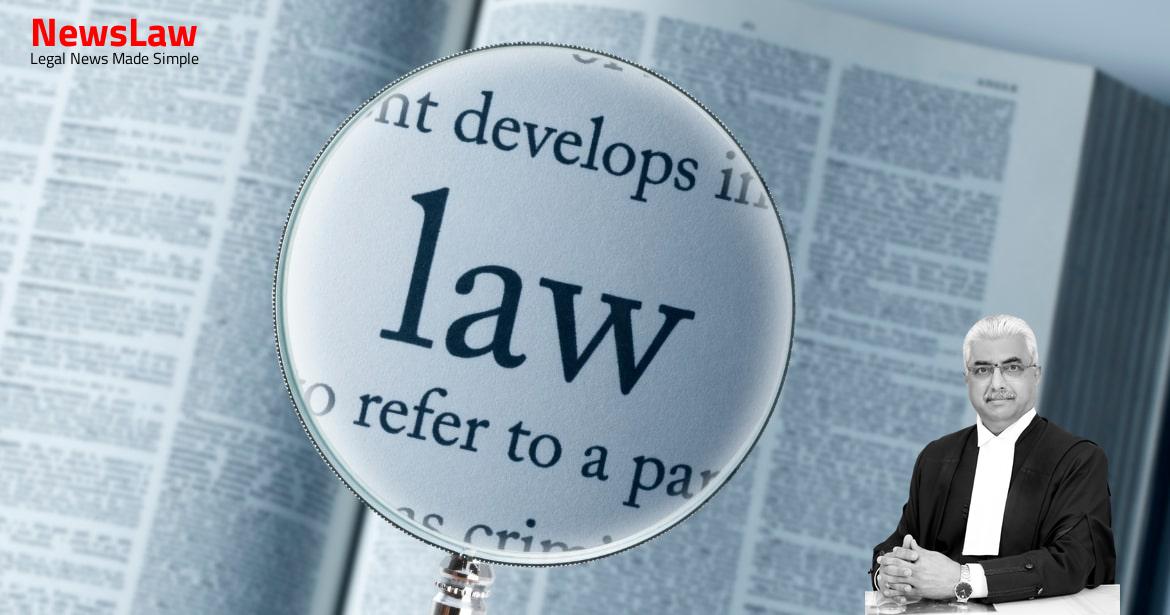The recent legal case revolves around the transfer of writ petitions filed by the Institute of Chartered Accountants of India regarding tax audit guidelines. The focus is on the court’s meticulous legal analysis and the consideration for consolidating the petitions in one High Court for efficient judicial management. Stay tuned for more insights into this complex legal issue.
Facts
- Transfer petitions filed by Institute of Chartered Accountants of India under Article 139-A(1) of the Constitution of India read with Order XL Rule 1 of the Supreme Court Rules, 2013.
- Notices issued in the transfer petitions.
- A counter affidavit filed by respondent No.1.
Also Read: Interpretation of Wildlife Protection Act: Schedule I Species Identification
Arguments
- The petitioners in this case have challenged the validity of Chapter VI of Guidelines No.1-CA(7)/02/2008 issued by the Council of the petitioner Institute, claiming it violates Article 19(1)(g) of the Constitution.
- Transfer of writ petitions is sought for petitioner convenience, but it may compromise their rights under Article 226 of the Constitution.
- Article 139A allows transfer petitions only in exceptional circumstances.
- Reference to a past case where transfer petition was allowed for similar challenges by the Institute of Chartered Accountants of India.
- It is argued that a single High Court may be a more appropriate venue for transfer instead of bringing all petitions to this Court.
- The Institute seeks transfer for comprehensive resolution to avoid multiple conflicting decisions.
- Opposing counsel asserts that the cap on audit assignments affects various aspects crucial to Article 14 and 19(1)(g) violations.
- Learned counsel for the respondent suggests transferring all the writ petitions to one High Court.
- The respondent believes that this Court has the power to make such a decision.
- Consolidating the petitions in one High Court may streamline the legal process and avoid duplication of effort.
- The respondent’s counsel’s submission is aimed at efficient judicial management in the present case.
Also Read: Privacy Rights Violation in Affixing Covid-19 Posters
Analysis
- Section 22 of the Chartered Accountants Act, 1949 defines ‘professional or other misconduct’.
- Professional misconduct includes acts or omissions listed in the Schedules to the Act.
- Clause (1) of Part II of the Second Schedule states that a member of the Institute can be deemed guilty of misconduct for contravening Act provisions, regulations, or Council guidelines.
- Section 44AB of the Income-tax Act, 1961 was introduced in 1985 to mandate tax audits for certain businesses and professionals to prevent tax evasion.
- The Institute of Chartered Accountants of India issued a notification in 1989 specifying the limit of tax audit assignments a member can accept in a financial year.
- Several writ petitions were filed challenging the notification, with conflicting judgments from different High Courts.
- The Chartered Accountants Act was amended in 2006, superseding the previous notifications with guidelines dated 08.08.2008.
- High Courts issued notices and stayed disciplinary proceedings against Chartered Accountants regarding the number of tax audits they can accept.
- The judgement in Institute of Chartered Accountants of India versus Southern Petrochemical Industries Corporation Limited and another does not prevent the consideration of transferring the writ petitions to the present Court.
- The petitioner’s request to transfer the writ petitions to the current Court can still be taken into account despite the transfer to Calcutta High Court in the past.
- Submissions made by learned counsel for respondents-writ petitioners to allow continued interim orders in different writ petitions until the matter is considered by the Court.
- The guidelines challenged in the High Court and the disciplinary proceedings against chartered accountants is a matter of public importance affecting both professionals and citizens.
- The issue of compulsory tax audits and the uncertainty among tax professionals and citizens necessitates the transfer of the writ petition to authoritatively pronounce the law.
Also Read: Challenges to Expedite Criminal Trial: Legal Analysis
Decision
- The writ petitions mentioned are withdrawn to this Court.
- Interim orders passed in the writ petitions being transferred to this Court will continue until a different order is issued.
- Civil Appeal Nos.7208-7209 of 2005 were dismissed as infructuous on 01.04.2013.
- Transfer Petitions are allowed and dismissed as infructuous.
- Members aggrieved by existing guidelines can file a representation and challenge it before the appropriate forum.
- Various writ petitions have been filed in different High Courts after the Guidelines dated 08.08.2008.
Case Title: THE INSTITUTE OF CHARTERED ACCOUNTANTS OF INDIA Vs. SHAJI POULOSE (2020 INSC 691)
Case Number: T.P.(C) No.-002849-002859 / 2019



